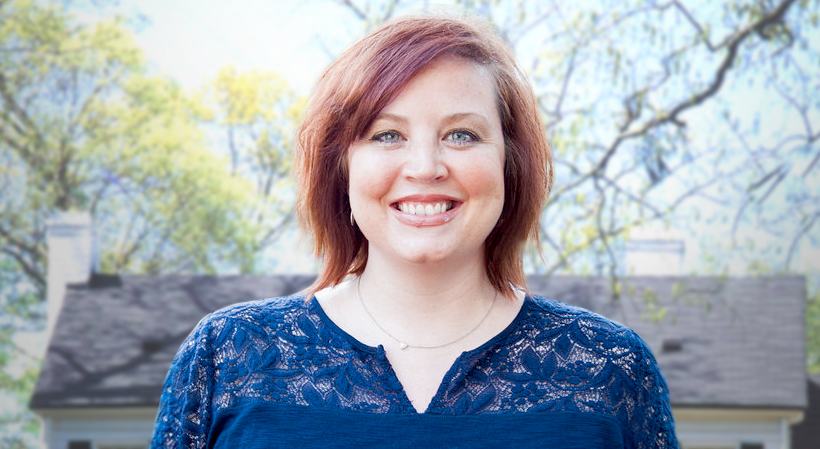Kristi Porter is the “chief do-gooder” and founder of Signify, a marketing communications consultancy that helps nonprofits and social enterprises get noticed and grow. Porter started her business as a way to apply her professional skills in a way that could help small organizations spread good through their communities.
Starting out
Why did you start your company?
I had a background in marketing, business communications and public relations. I had a lot of friends that didn’t have that background who would ask me questions for either their small business, social enterprise, nonprofit, or ministry … that type of thing. As a friend, I was always happy to answer those questions. I asked them if I went in and did this as a full-time gig, would they be interested in paying for help with their marketing and communications as a project business? They said, “yes,” and I thought this was a terrific way to begin with my friends and go from there. I had been supporting these small enterprises personally and now it was my chance to do it professionally as well.
How did you finance your business at the start?
I had a little bit in savings. I really only needed a laptop and an internet connection. I used my final bonus from my previous job to purchase a new laptop. I didn’t even have a Web presence until 7 months after I started my company.
Related: Pursuing Passion and Entrepreneurship [Radio]
Managing the company
How do you manage cash flow in the business?
I am kind of simple when it comes to that. I am a words girl and not a numbers girl. I use a basic spreadsheet in Excel. I also use invoicing software, PayPal, and a business bank account to keep my budget in line and on track. The hard thing about it is that I work on a lot of projects rather than long-term retainers. That does mean cash flow is not always the same from month to month. Just using the simple tracking systems allows me to see what months will probably be busy and what months will be lower with client work so I can step up and work on my own passion projects and my own business projects.
What’s the most challenging thing about running the business?
The hardest thing is focus. My mind works a million miles an hour and new ideas come to me every day. It’s hard to determine what to focus on each day to keep you moving forward.
What’s the most rewarding thing about running the business?
It was probably one of the best things ever to work with friends. My whole first year in business was like that. Supporting them; there’s no better way to work. It was the biggest blessing. And the reason I started this was because I really wanted to be more in the social justice, social impact, non-profit world. My passion really is helping people do good things for the causes I care about by using my skill set.
Sign Up: Receive the StartupNation newsletter!
What I’ve learned
What’s the biggest mistake you made when you were first starting out?
I think it really goes back to focus. I started out on too many social media platforms and worried more about the concept that was going up on my blog rather than sending out lead emails. I’m still not great at it, but I’m honing in further. It’s always a struggle trying to do all the things at once. It’s difficult to figure out where it’s best to spend my energy and focus and how best to serve the people in my audience.
What’s the smartest thing you did when you were first starting out?
The best thing I did was to get a mentor for the things that I didn’t know. I like to say that having a mentor is a lot like shopping at The Container Store: You didn’t know you needed it until you saw it. I got myself a mentor that had online business experience and was great at sales and marketing. She is a decade younger than me, but she knew more in that realm than me. It was great to learn from her through conversations every month. I was able to take a short cut for some of those lessons that I would have had to figure out on my own.
What advice would you give to a new entrepreneur?
Definitely get a mentor and an accountability partner. I sort of stumbled into that. If you’re working on something as a solopreneur or even if you’re the boss, there’s some separation where it’s not all a team endeavor. My accountability partner and I would meet every two weeks or so via phone or video. It was good for me because I had to show up with my homework done and I had someone to vent with and to ask for feedback. An accountability partner really helped me feel less lonely.
What’s next for Signify?
Two big things: Creating some more digital products at a smaller price point for people who are just getting acquainted with me or who have smaller budgets. Also, I’ve been asked by for-profit businesses how to incorporate philanthropy into their businesses. I’ll be speaking on that next month and hopefully creating a package that helps walk people through that.
This article originally appeared on Nav.com by Ashley Sweren.






